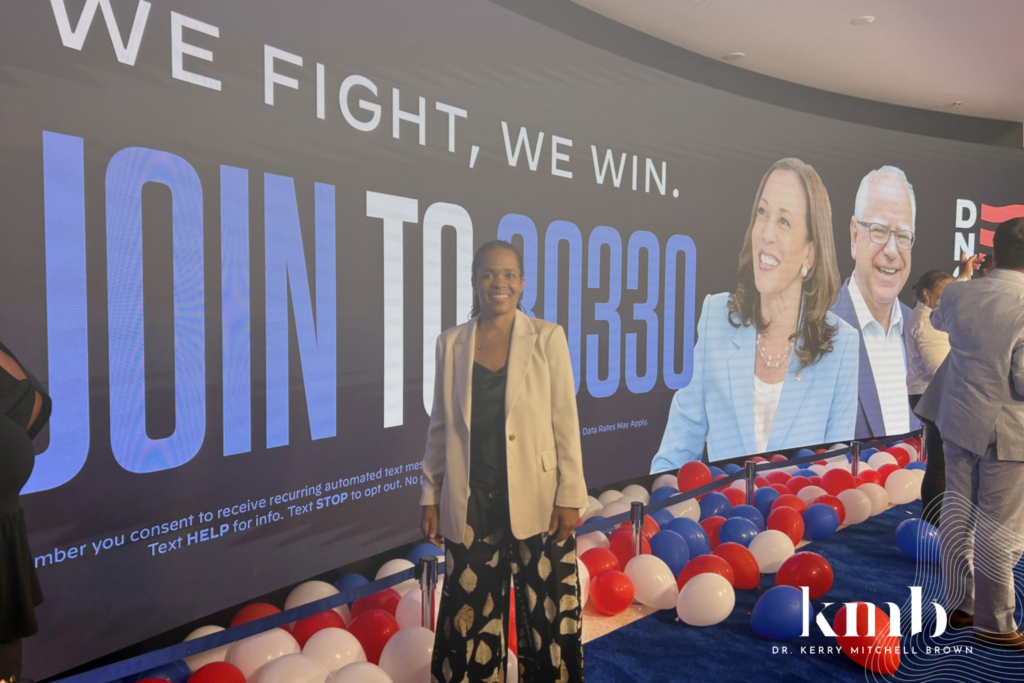Skeptical about a Black Woman President? Here’s Why You Should Reconsider
Explore why the idea of a Black woman president challenges ingrained biases in America, and learn why it’s time to reconsider the possibilities for leadership and equality.
Skeptical about a Black Woman President? Here’s Why You Should Reconsider Read More »





